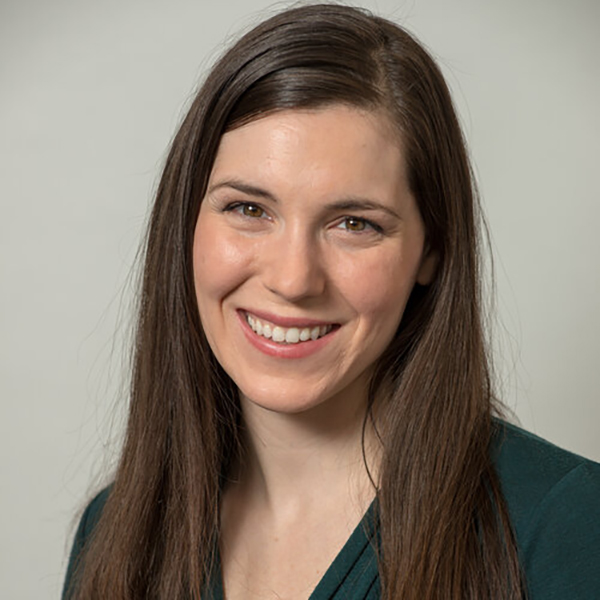
EDUCATION
| Degree | Area of Study | University |
|---|---|---|
| Ph.D. | Education and Psychology | University of Michigan |
| A.M. | Social Science, Human Development | University of Chicago |
| B.A. | Psychology, minor in Education | Colorado College |

AREAS OF EXPERTISE
Positive youth development
Adolescence
Peer dynamics
Advanced quantitative methods

RESEARCH INTERESTS
Student social, academic, and emotional well-being
Student sense of belongingness in schools
Adolescent motivation and engagement
Equitable learning contexts across socioeconomic, gender, and racial groups
Educator support and empowerment

HIGHLIGHTED PUBLICATIONS
- McKellar, S. E., Mathews, C. J., Belmont, A., & Wang, M.-T. (2024). Achievement at what cost? An intersectional approach to assessing race and gender differences in adolescent math motivation and achievement. Contemporary Educational Psychology, 76. https://doi.org/10.1016/j.cedpsych.2023.102253
- McKellar, S. E. & Wang, M.-T. (2023). Adolescents’ daily sense of school connectedness and academic engagement: Intensive longitudinal mediation study of student differences by remote, hybrid, and in-person learning modality. Learning & Instruction, 83. https://doi.org/10.1016/j.learninstruc.2022.101659
- Rapa, L. J., McKellar, S. E., & Godfrey, E. B. (2023). The evolution of critical consciousness measurement. Critical consciousness measurement: Where are we now and where are we headed (Ed.) Rapa, L. J., & Godfrey, E. B., https://doi.org/10.1017/9781009153751.008
- McKellar, S. E., Ryan, A. M., North, E. A., Brass, N. R., & Laninga-Wijnen, A. M. (2021) Teachers’ emphasis on mastery goals moderates the behavioral correlates of popularity in early adolescent classrooms. Merrill-Palmer Quarterly. 67(2) 203-236. https://doi.org/10.13110/merrpalmquar1982.67.2.0203
- McKellar, S. E., Cortina, K. S., & Ryan, A. M (2020). Teaching practices and student engagement in early adolescence: A longitudinal study using the Classroom Assessment Scoring System. Teaching and Teacher Education, 89. https://doi-org.proxy.lib.umich.edu/10.1016/j.tate.2019.102936
- McKellar, S. E., Marchand, A. D., Diemer, M. A., Malanchuk, O., & Eccles, J. S. (2019). Threats and supports to female students’ math beliefs and achievement. Journal of Research on Adolescence. 9(2), 449–465. https://doi-org.proxy.lib.umich.edu/10.1111/jora.12384

BIOGRAPHY
Professor Sarah E. McKellar, Ph.D., is a developmental psychologist who studies how social context relates to adolescent socio-emotional well-being and academic outcomes. She primarily investigates how peer relationships and interactions with teachers support student motivation and engagement. Her work aims to address educational equity and promote awareness of how to create inclusive school contexts that help youth flourish. Central to this work is collaborating with fellow researchers to understand the role of adolescents’ gender, ethnic, racial, and cultural identities in shaping motivational processes.
Dr. McKellar’s interest in adolescent development, specifically academic and socio-emotional well-being, began when she was a high school teacher in California’s West Contra Costa School District and completed her master’s degree at the University of Chicago with a concentration in human development. Subsequently, she worked as a research associate and then as an associate project director for Outlier Research and Evaluation at UChicago STEM Education. Driven by her combined interest in research and teaching, she pursued her doctorate at the University of Michigan’s Combined Program in Education and Psychology (CPEP). In 2020, she received her Ph.D. and then began her postdoctoral fellowship at the University of Pittsburgh’s Learning Research and Development Center. In 2023, she became an assistant professor in the Educational Psychology and Neuroscience program at The University of Alabama, where she continues to research and teach about positive youth development.
